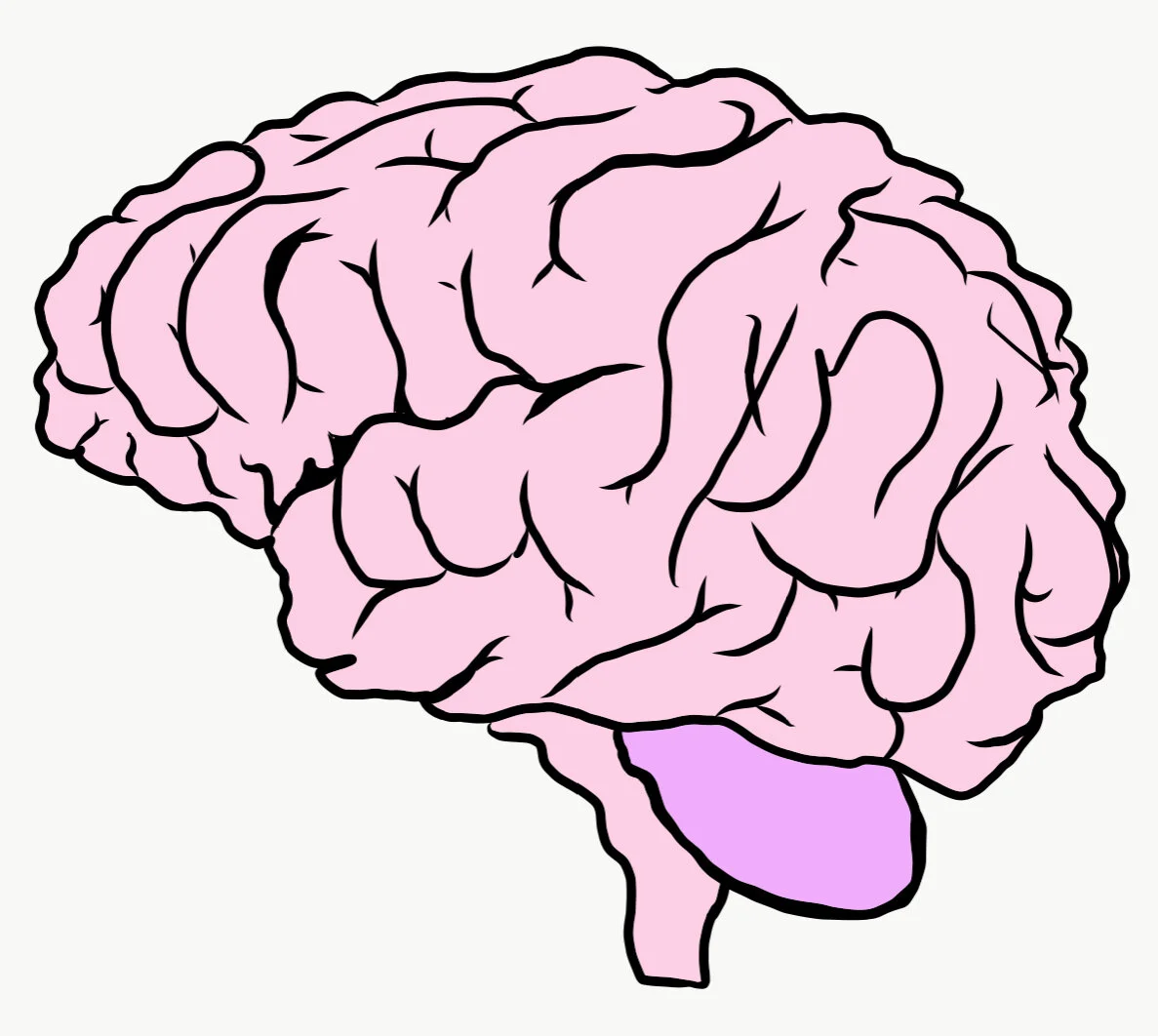What is “chemo brain” and do I have it?
You may have heard the term “chemo brain,” but what is chemo brain? This article explains what chemo brain really is.
The mental cloudiness experienced during or after chemotherapeutic treatment is commonly referred to as “chemo brain.” However, it can also be referred to as a number of other diagnosis, such as cancer-related cognitive change/impairment and post-chemotherapy cognitive impairment. Chemo brain is associated with a mental fogginess and those experiencing it can experience trouble concentrating, learning new skills, completing tasks, and remembering things. This can make daily routines, such as going to work or school, much more difficult for many people.[1]
Although there is no exact known cause for chemo brain and its effects are usually temporary, it is important to let your primary caretaker know if you are experiencing symptoms of what may be chemo brain. Symptoms to keep an eye out for include having difficulty remembering things such as common words or complete memory lapses, trouble concentrating and staying focused, difficulty multi-tasking, disorganization resulting from slower thinking, and difficulty learning new things.[1]
A variety of causes associated with cancer can induce chemo brain and lessen cognitive function in patients. Despite being called “chemo” brain, not all of these possible causes are directly related to chemotherapy treatment. Other possibilities include the cancer itself, other drugs such as steroids or anti-nausea medications, additional illnesses such as diabetes, sleep problems, emotional distress, surgery, infection, hormone changes or treatments, nutritional deficiencies, and using alcohol or other substances that alter mental state.[1]
Treating chemo brain will usually involve a combination of cognitive rehabilitation, which is often a part of cancer rehabilitation programs, exercise, and meditation. In the meantime, some things that you can do to help live day-to-day while experiencing chemo brain include: using detailed daily planners, doing demanding task when your energy is highest, exercise your brain with puzzles or free online classes, ensure that you’re getting enough sleep, maintain regular physical activity, increase vegetable consumption, set up a daily routine to follow, avoid alcohol and other mind-altering agents, and trying not to focus on how much these symptoms may bother you.[1]
References
1. Chemo brain. https://www.cancer.org/treatment/treatments-and-side-effects/physical-side-effects/changes-in-mood-or-thinking/chemo-brain.html (accessed Jul 28, 2021).

